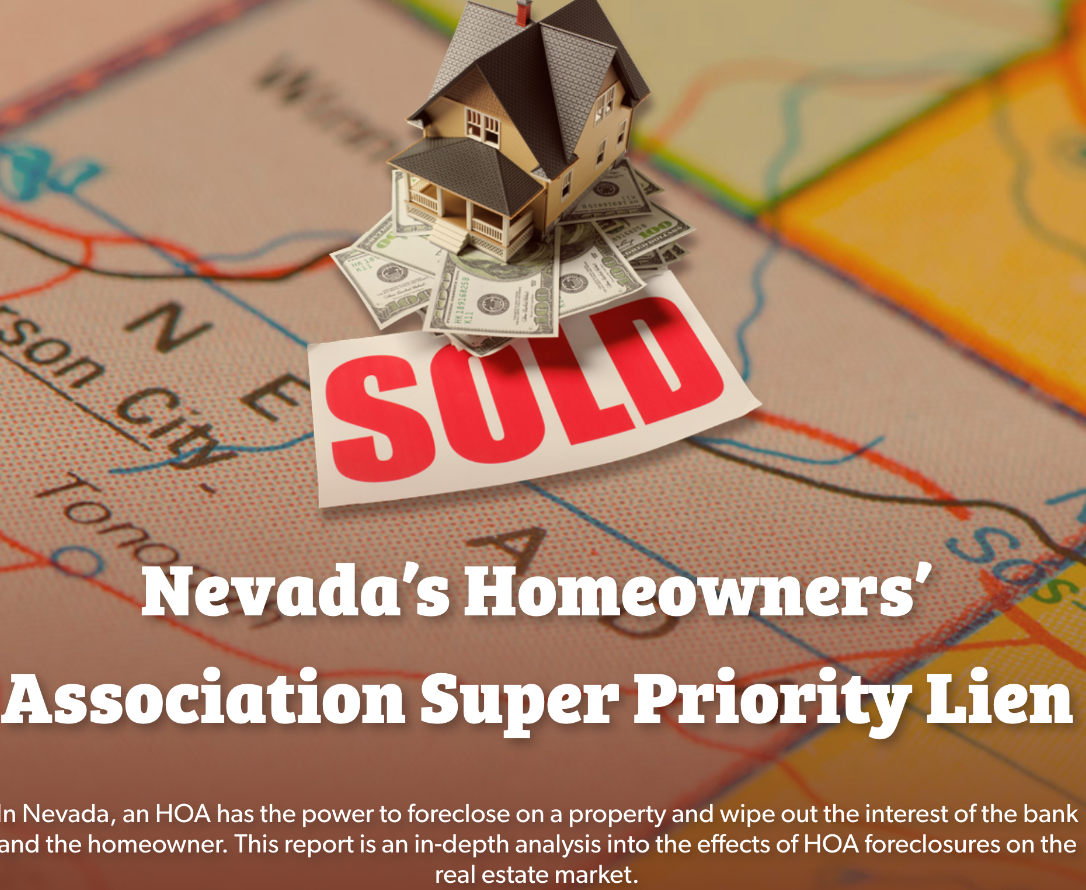Request for Judicial Notice: Laws & Regulations Exhibit 8 Documentary evidence
NRS 52.235 Original required. To prove the content of a writing, recording or photograph, the original writing, recording or photograph is required, except as otherwise provided in
